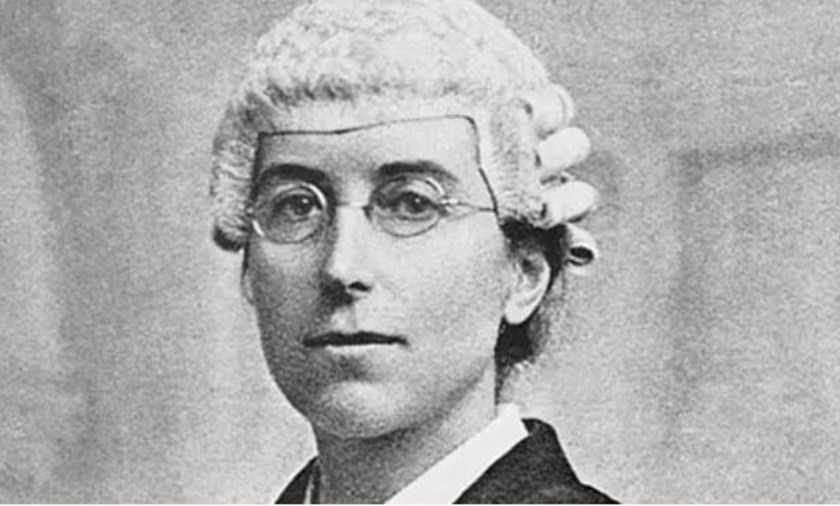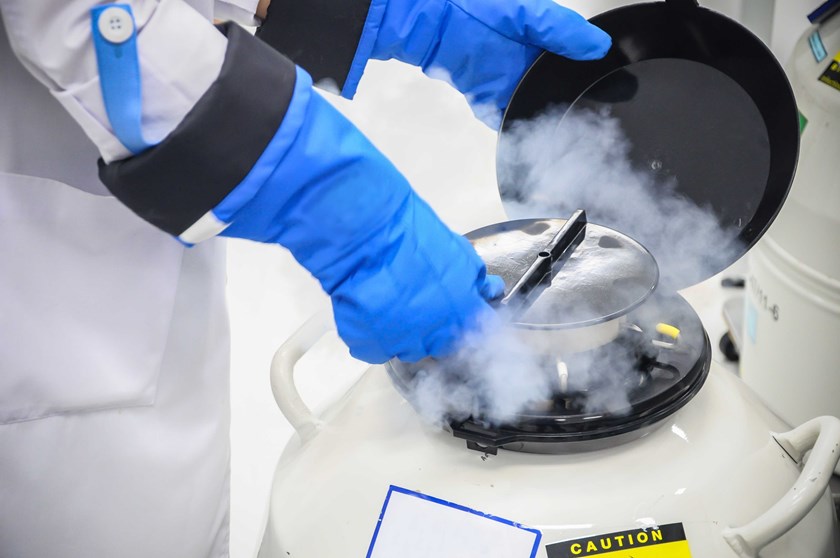A new pathway for surrogacy?
Insight

Surrogacy as a pathway towards parenthood has become more common in the UK in recent years. The Law Commission reports that “the number of children born from surrogacy has increased almost fourfold over the last decade”.
There are serious issues with the current law and intended parents and surrogates alike find it difficult and time consuming to navigate the surrogacy waters. As a result, finding a surrogate can be a long and difficult process and many couples decide to find a surrogate abroad.
In recognition of the problems created by the current legal framework the Law Commission published a report on 29 March 2023 and recommended changes.
This article considers the main aspects of the current legal framework and the proposed changes.
Who are the legal parents at birth?
Under the current law, the surrogate is the child’s legal mother when he or she is born, and if she is married, her spouse will be the child’s legal father / second legal parent. The intended parents are not the legal parents at birth; they must apply for a parental order or for adoption to become the legal parents. This can take six months to a year. During that period the surrogate mother is the child’s legal parent and “this can affect the intended parents’ ability to make decisions about the child in their care”.
The Law Commission proposes that, if certain conditions are met, the intended parents will be the legal parents from birth (although this would be subject to the surrogate having the right to withdraw consent).
These requirements include:
- independent legal advice for the intended parents and surrogate entering into the agreement and counselling for all parties about the implications of their decisions; and
- medical screening of the surrogate and intended parents and enhanced criminal record checks on the surrogate and her partner if she has one, the intended parents and any adults over the age of 18 who live with the intended parents.
The surrogate has the right to withdraw her consent up until six weeks after birth. If the surrogate withdraws her consent during pregnancy, then the surrogate would be the legal mother at birth and the intended parents would have to apply for a parental order through the courts, who would have to determine the issue. If the surrogate withdraws her consent in the six-week window after birth, the intended parents will be the legal parents, and the surrogate would have to apply for a parental order, for final determination by the court.
Safeguarding and the regulation of surrogacy agreements
There is currently no scrutiny of surrogacy agreements until the child is born and a parental order is applied for. Similarly, there are currently no pre-conception safeguards in place in surrogacy arrangements, these only occurring after birth and on the application by the intended parents for parental rights.
Under the new proposals, agreements would be regulated and overseen by non-profit Regulated Surrogacy Organisation. The recommendations also introduce pre-conception safeguards, as mentioned above, to protect the interests of all participants, and which must be met before a surrogacy agreement is permitted under the new laws.
A new surrogacy register will also be created so that children born through surrogacy have the opportunity to trace their origins when they are older.
Payments to surrogates
The current law dealing with payments to surrogates is unclear; there is no definition of what payments may be paid as “expenses reasonably incurred” and those that are not permitted.
Although commercial surrogacy would still be prohibited, the proposed reforms would give greater clarity regarding which payments are permitted to a surrogate or for her benefit. These include insurance for the surrogate, costs of domestic support the surrogate normally undertakes, lost earnings and lost employment-related potential earnings, medical expenses, wellbeing and related costs, pregnancy-related items, travel and occasional accommodation costs for purposes linked to the surrogacy arrangement etc. An additional requirement will ensure that the intended parents meet the costs of life assurance and critical illness cover for the surrogate and the costs of meeting the screening and safeguarding requirements under the new recommendations.
International surrogacy arrangements
The fact that intended parents are not considered the legal parents at birth under the current law means that many families travel abroad and enter into international surrogacy arrangements instead.
The hope is that, if enacted, these changes will make it more attractive for families to engage in surrogacy at home in the UK. There is also some limited reform and new guidance on nationality and immigration to avoid unnecessary delays for those who have a child through surrogacy overseas.
The future
There is no question that reform in this area is needed, and the Law Commission’s proposals will no doubt have a positive impact on what is currently an unsatisfactory process. However, it is now in the hands of a parliament with a busy legislative schedule and a general election not far away. Whether the proposals become reality remains to be seen.
This publication is a general summary of the law. It should not replace legal advice tailored to your specific circumstances.
© Farrer & Co LLP, June 2023





